A somewhat unbiased reflection on why you should stop using IE11
For many of us, Internet Explorer (IE) was our first web browser experience, providing a simple double click from accessing the wonders of the internet and connecting us to the world in an entirely new way. It replaced our encyclopedias, helped us write our high school papers and was likely preloaded on the computer at our first job. It dominated the market share upon its arrival and represented around 90 percent of browsers used.
Twenty years later IE has struggled to remain relevant, representing only about 3 percent of the browser market. Its existence is linked to Windows 10, the final version of Windows - ever - and will essentially survive until the end of time with minimal technical updates every six months. It’s slow, painful death has created a variety of issues for those who continue using it, with security risks being at the top of the list. In April, a security researcher discovered a security flaw that allows hackers to steal Windows user’s data thanks to IE. Users don’t even have to open the now-obsolete web browser for malicious actors to exploit their data, it just needs to exist on their computer. Just last September, Microsoft released a notice of serious security vulnerability.
Not only has IE fallen from grace amongst most consumers, Microsoft’s own security experts have published articles warning people from using it as their default browser. In his article titled, ‘The Perils of Using Internet Explorer as Your Default Browser,’ Microsoft cybersecurity expert, Chris Jackson, urges people to stop using it, explaining that it is now more accurately a compatibility solution to help with older sites that should be updated for modern browsers. Because IE is no longer being developed to support current web standards, the process of developing modern websites for IE compatibility is a nightmare, if not impossible. In some best-case scenarios, development can be simplified down to its basic elements allowing it to function in IE, but doing so creates significant disadvantages for the user experience.
As a development agency we must approach the challenges related to IE through two lenses. As developers, IE is archaic, difficult to work with and potentially dangerous for our clients. Due to these reasons it is no longer included as a tested browser in our standard contracts. However, as a partner to our clients, we recognize that IE compatibility is sometimes a necessary evil. Many corporations continue to use it as a default browser (despite Microsoft’s own warnings), and preparing for a user to view a website in IE might take priority based on the industry.
The most cost-effective approach for corporations to circumvent website visitors from viewing their site in IE is applying a banner to any page visited when a website detects someone is viewing it in IE. The banner copy will recommend the site be viewed in the most recent version of Chrome, Firefox, Safari or Edge. If this isn’t a satisfactory solution for our clients, we typically work on a case-by-case basis to determine the best route to provide a functional site in IE. This typically involves removing most of the bells and whistles of the front-end experience, and potentially editing some core website functionalities. It’s worth noting that it has become an industry standard to charge a 20 percent (or more) tax for IE testing and implementation, as this process can add extensive time to a project’s scope. This may be a worthwhile investment for some clients, and if this route is chosen we work with them to map out expectations and adjust both the scope and timeline to accommodate IE testing.
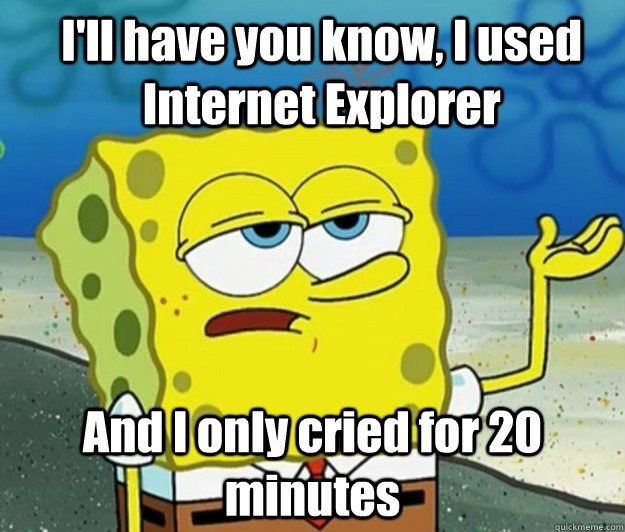
Internet Explorer will continue to be an immortal ghost that haunts the halls of Microsoft and the corporations that continue utilizing it. Eventually it will become a thing of lore that developers use as jokes at conferences, and the snarky memes currently poking fun will become nostalgic. Until then, take this knowledge back to your marketing teams, IT groups and leadership and help us make this a better, Internet Explorer-free digital world.
Further reading
-

Pwny plugin for Craft 5
-

Craft 5 Released
-

Ten years of Good Work
-

Expanding our services: Introducing ‘Friends of Good Work’
-
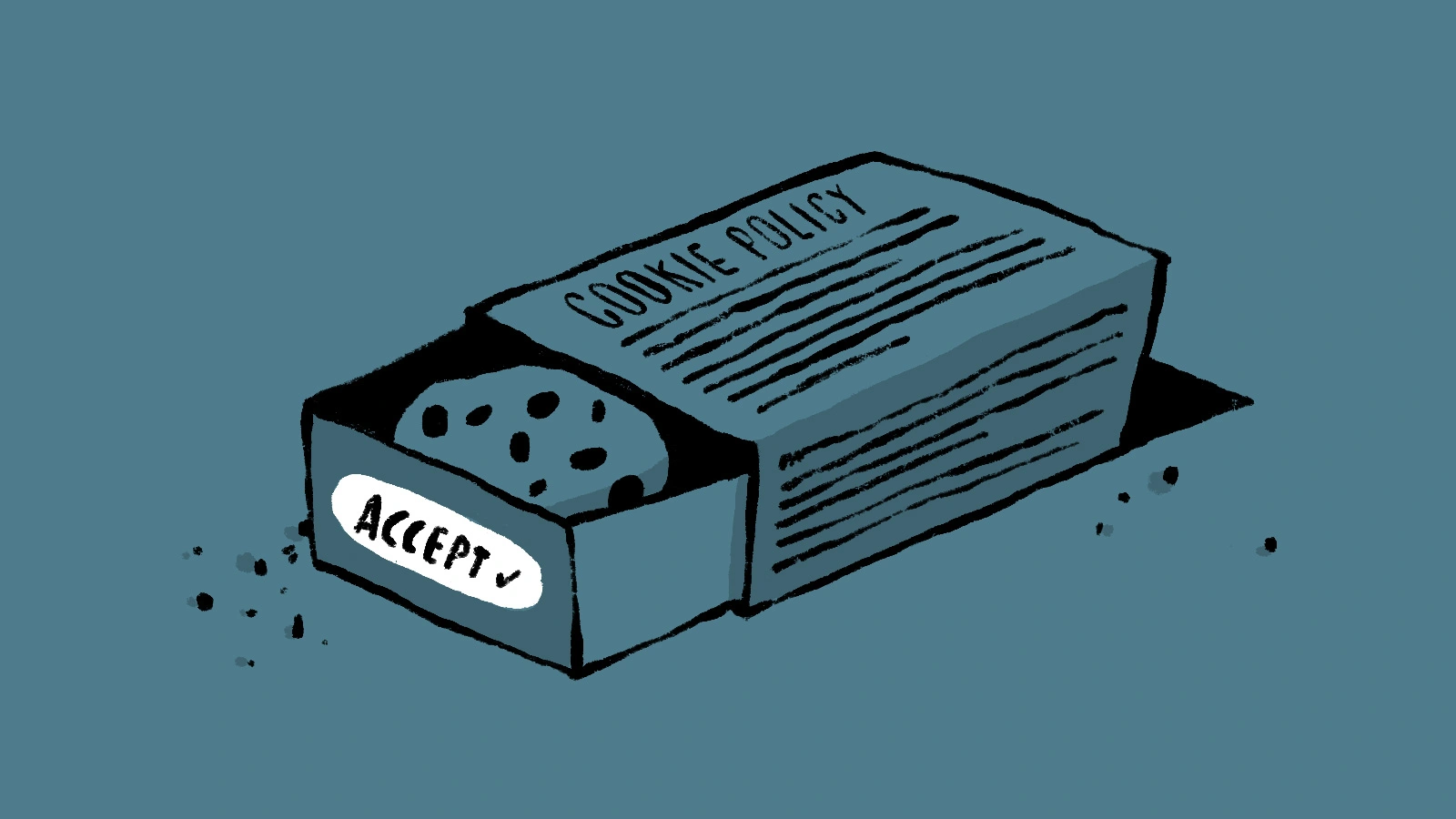
How to master GDPR and CCPA compliance: a step-by-step guide to handling website cookies
-
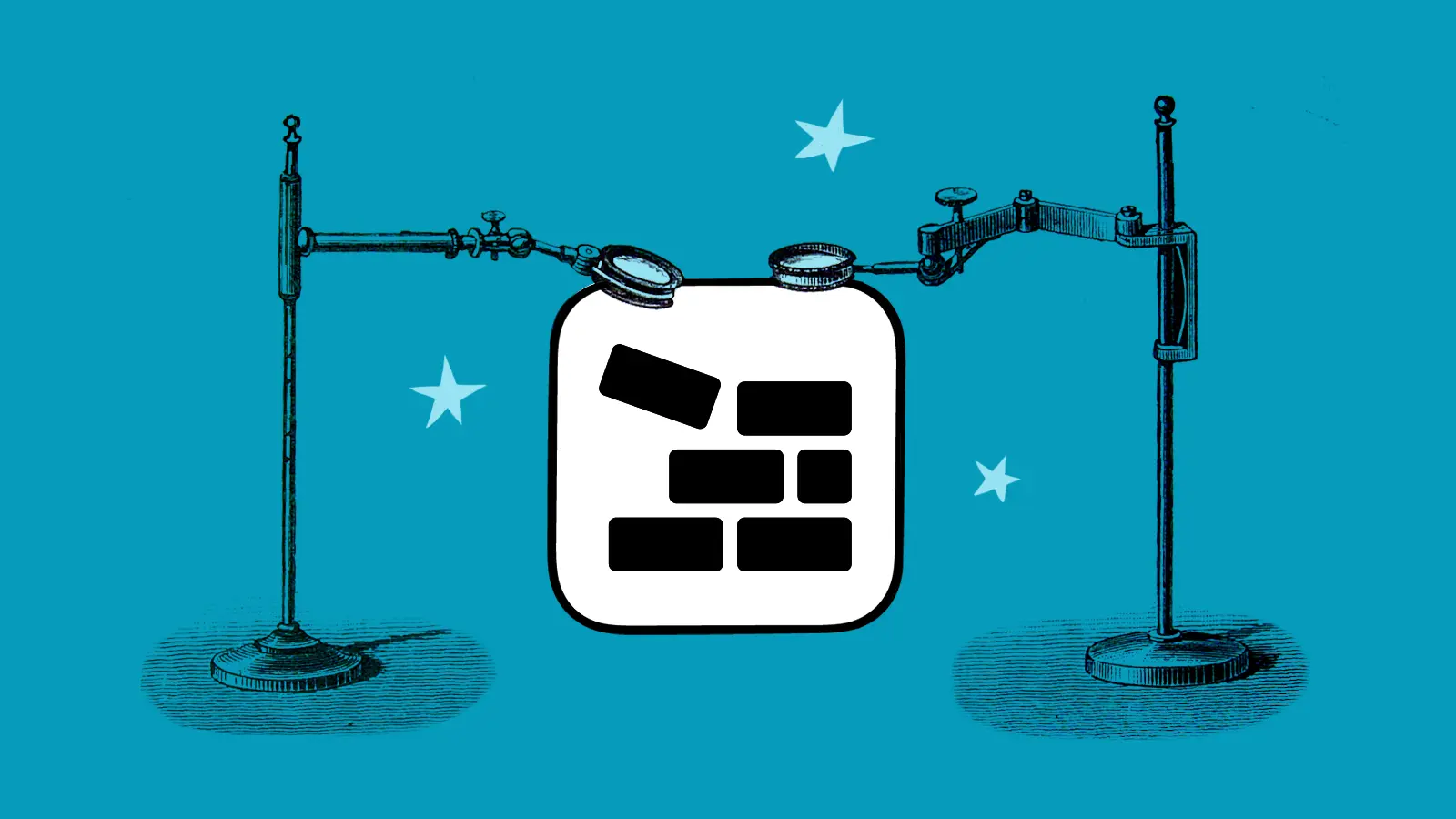
Block Usage plugin for Craft CMS
-
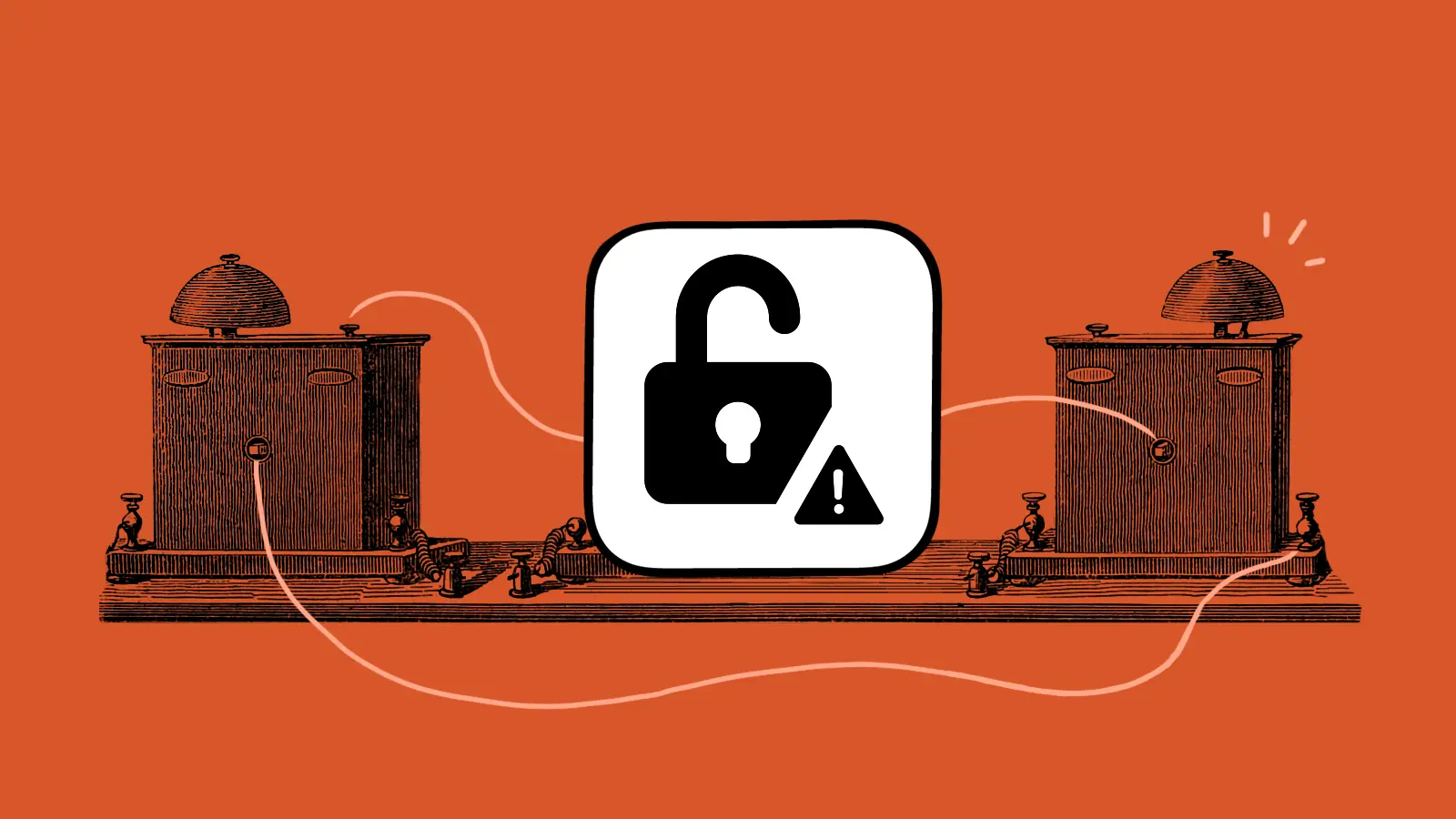
Nag plugin for Craft CMS
-

Three reasons most digital projects get derailed (and why yours doesn’t have to)
-

Good Work leads to a good life
-

Update Craft CMS 3 to 4
-

Three things your project manager should be doing for you (but probably isn’t)
-

Eight lessons learned from eight years of Good Work
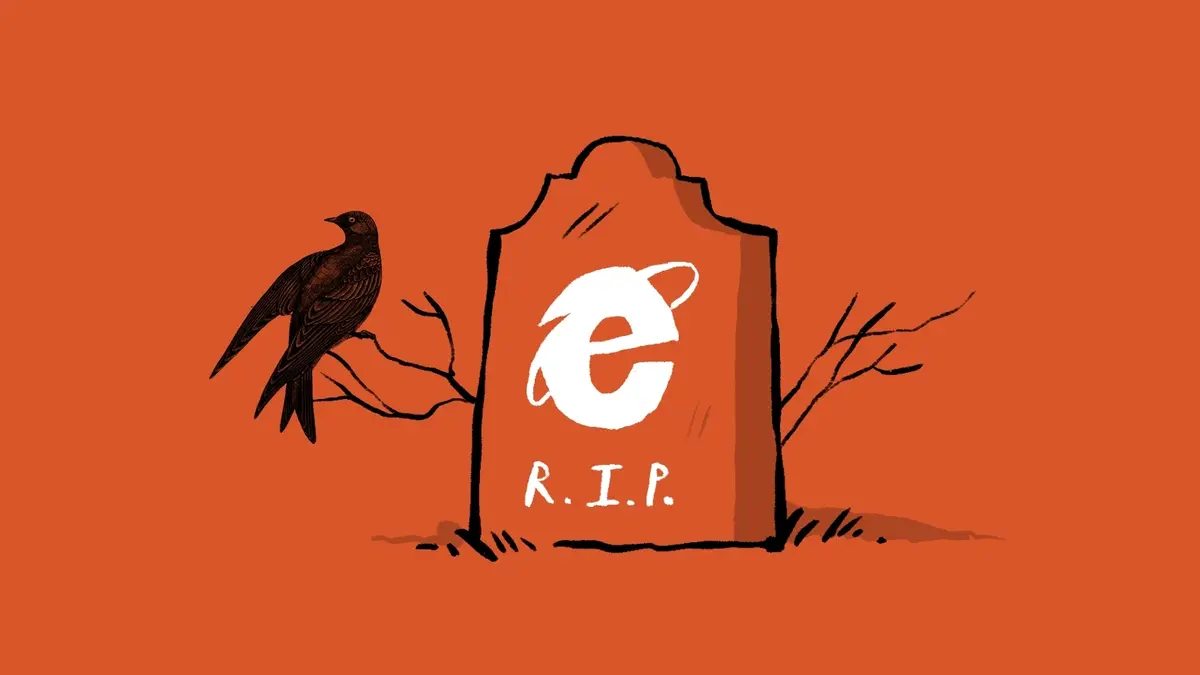
 By Ariel, 30 Oct 2019
By Ariel, 30 Oct 2019
 By Ant, 2 Dec 2024
By Ant, 2 Dec 2024
 By Chris, 1 Apr 2024
By Chris, 1 Apr 2024
 By Garrett, 4 Mar 2024
By Garrett, 4 Mar 2024
 By Katie, 7 Dec 2022
By Katie, 7 Dec 2022